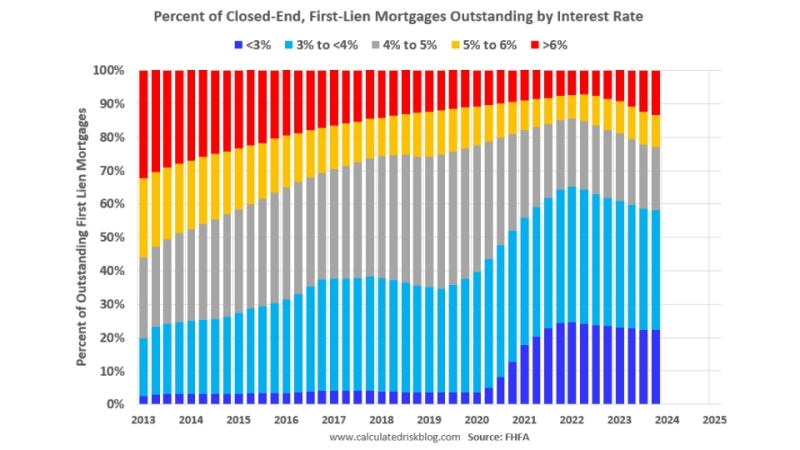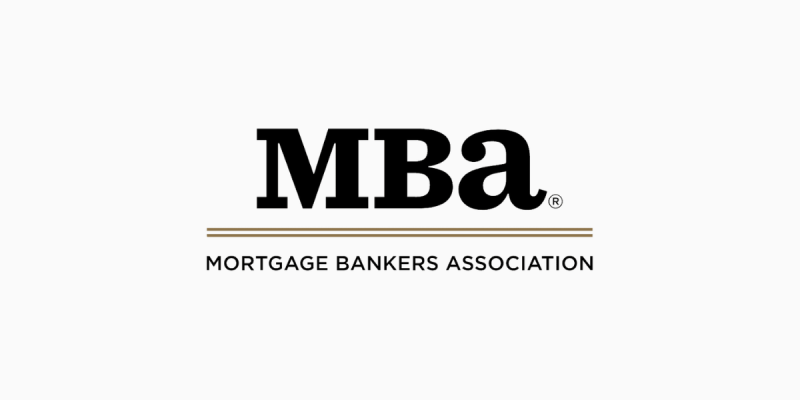
CFPB Issues Rule To Facilitate Wind Down Of LIBOR

Interim final rule contains updates to reflect a new law and Federal Reserve Board regulation.
The Consumer Financial Protection Bureau (CFPB) on Friday issued an interim final rule amending the agency’s 2021 LIBOR transition rule.
The new interim final rule contains updates to reflect the subsequent enactment of the Adjustable Interest Rate (LIBOR) Act and issuance of an implementing regulation by the Board of Governors of the Federal Reserve Board System, the CFPB said.
The interim final rule will further facilitate the orderly transition of those consumer loans that currently use the LIBOR index to other indices, in anticipation of the planned end of the U.S. Dollar (USD) LIBOR after June 30.
In the wake of the financial crisis, the public learned that a number of large international banks conspired to set the LIBOR rate in order to conceal weaknesses in the banks and to boost their bottom line, the CFPB said. Some of the institutions would later admit to criminal practices and pay billions of dollars in penalties.
On March 15, 2022, Congress enacted the LIBOR Act, which in part directs the Federal Reserve Board to identify a replacement index based on the Secured Overnight Financing Rate (SOFR) published by the Federal Reserve Bank of New York, including spread adjustments, to replace the 1-month, 3-month, 6-month, and 12-month USD LIBOR indices.
The changes apply to any LIBOR contracts that do not otherwise specify a replacement rate fallback provision or method for selecting a fallback rate, the CFPB said. The Fed issued a final rule to implement the LIBOR Act on Jan. 26, 2023, and that rule became effective on Feb. 27.
Before the enactment of the LIBOR Act, the CFPB published the Facilitating the LIBOR Transition final rule in the Federal Register on Dec. 8, 2021. That rule provides examples of certain indices, including spread-adjusted SOFR-based indices, that may meet the applicable standards under Regulation Z (Truth in Lending Act) to replace the 1-month, 3-month, and 6-month USD LIBOR indices.
The CFPB, however, reserved judgment about whether to include references to a 1-year (or 12-month) USD LIBOR index and its SOFR-based replacement index because no such replacement index had yet been recommended.
The CFPB said Friday that its interim final rule amends and updates the Facilitating the LIBOR Transition final rule. Specifically, the CFPB said it is now conforming Regulation Z with the LIBOR Act and the Federal Reserve Board’s implementing regulation by, among other things, adding references to the SOFR-based replacement for the 12-month LIBOR index. This interim final rule does not in any way alter or modify the CFPB’s determination in the 2021 LIBOR Transition final rule in relation to the prime rate as a replacement index.
The interim final rule is effective May 15, 2023. Comments must be received on or before 30 days after publication in the Federal Register.




